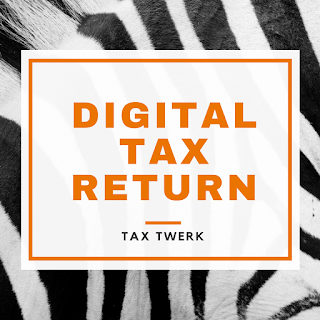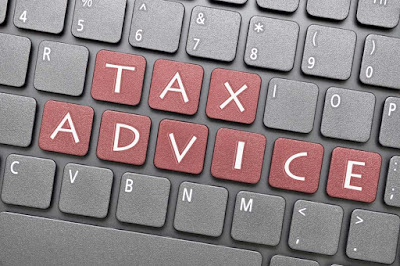The new tax rules in the UK for small businesses regarding their dividend payments has left many baffled. Some are afraid of being affected by the new tax severely while others are not very sure how the new tax rules will work. Contact an expert and experienced accountant in Luton to know more. The new tax became effective in 2016. Dividends get paid out of profits made by a company that has already undergone corporation tax. The income based on a dividend is treated as the top band of income.
 |
| Accountant in luton |
The new tax and how it differs from before?
According to the new tax rules regarding dividend payments, the first £5,000 of dividend income is tax-free. Any sum above that will get taxed at 7.5 % for the basic-rate taxpayers and 32.5 %for higher-rate taxpayers. For the additional-rate taxpayers, the rate is 38.1 %. Thus, under the new system, the basic-rate taxpayers offer no tax on their dividend income, while the higher-rate taxpayers pay 25% and the additional-rate taxpayers pay about 30%. Because of those new rules, the 10% tax credit was abolished on dividends, and a £5,000 tax-free dividend allowance was ushered in. Dividends earned through pensions and ISAs go unaffected. The basic rate payers who get more than £5,001 in dividends file self-assessment returns under the expert guidance of an accountant in Luton.
 |
| Tax office Luton |
It is true that because of those new rules, many will pay more. If your dividend income falls within the tax-free personal allowance, you need to see if you have to pay tax. For example, if you made 16,000 in dividend income and out of those, the first £11,000 get covered by the personal allowance, there is no need to pay tax. Occupational or personal pension plans that are unable to reclaim the “tax credit”, nothing changes. As long as the dividends received remains in the pension, they will not be taxed. However, they do get taxed if they fall under existing rules.
As per the leading tax office luton, in the current year, most owners who pay dividends to themselves in place of a salary, will find their tax-free allowance cut down from £5,000 to £2,000. The decrease in allowance will come into effect by 2018. For those who do not send a tax return usually, they need to register by October following the tax year. Browse HM Revenue and Customs (HMRC) website to understand those new tax rules on dividend payments.
No comments:
Post a Comment